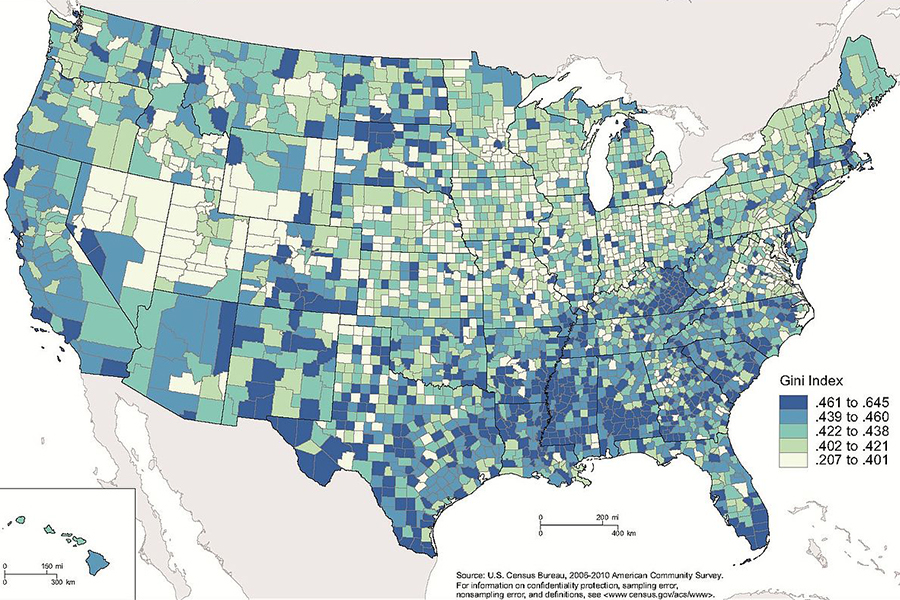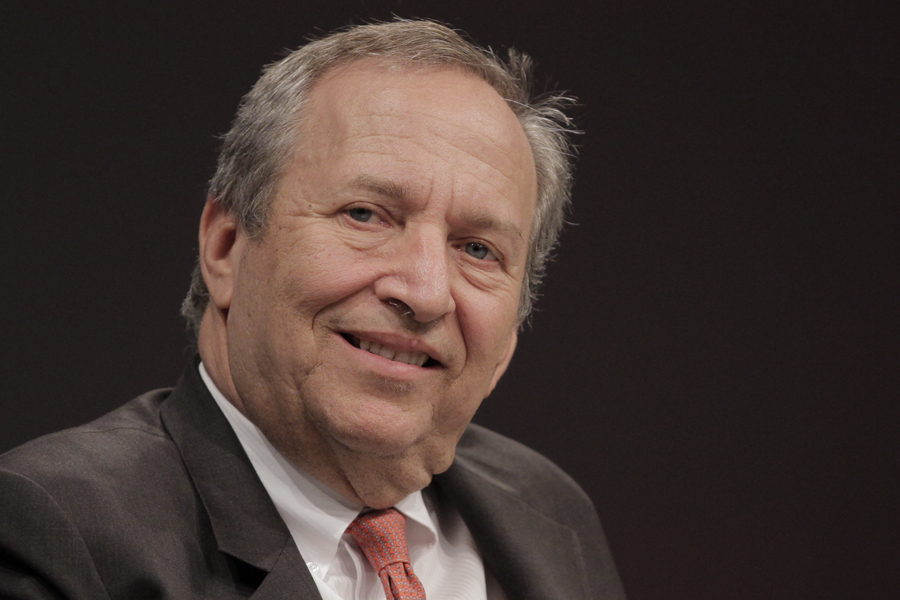Articles
Articles and analyses from the INET community on the key economic questions of our time.

The Charleston shooter has been arrested, but the true killer remains at large
Inequality, racism, and violence are the real killers in America.

Fixing The Financial System: Adam Smith Vs. Jeremy Bentham
How do we create a “change in culture”?

History of Economics on the Making
New topics and approaches make their way into two recent conferences on the history of economics

New Climate-Economic Thinking

How to Recognize New Economic Thinking
The Institute for New Economic Thinking responds to an evident need for innovative approaches to understanding economic and financial processes.
Learning from Karl Polanyi

Draghi’s Doom Loop(s): More than Just the Euthanasia of the Rentiers
The tail risks that may be generated by Mario Draghi’s monetary policy innovations in the Eurozone include even more intense versions of Andrew Haldane’s “Doom Loops”

Drooping Green Shoots

Paul Krugman on the MIT History
My friend and “grown-up kid” Yann Giraud just called my attention to Paul Krugman’s recent column, “Empire of the Institute”, on Roy Weintraub’s recently edited HOPE volume “MIT and the Transformation of American Economics” (to which three Playground kids contributed: Yann, Beatrice Cherrier and myself).

